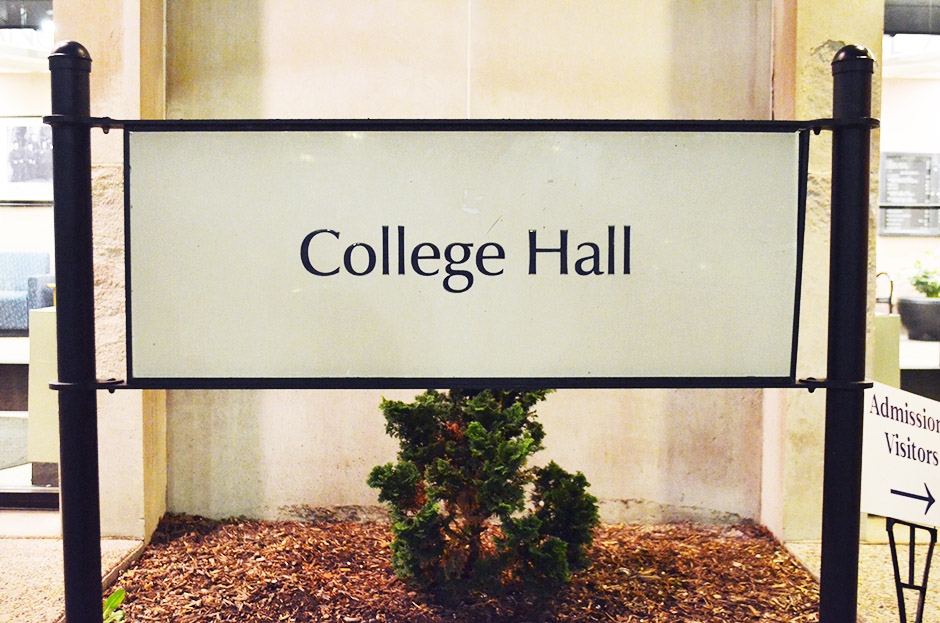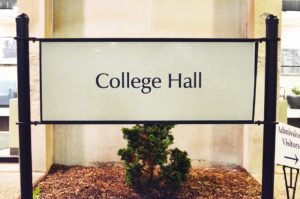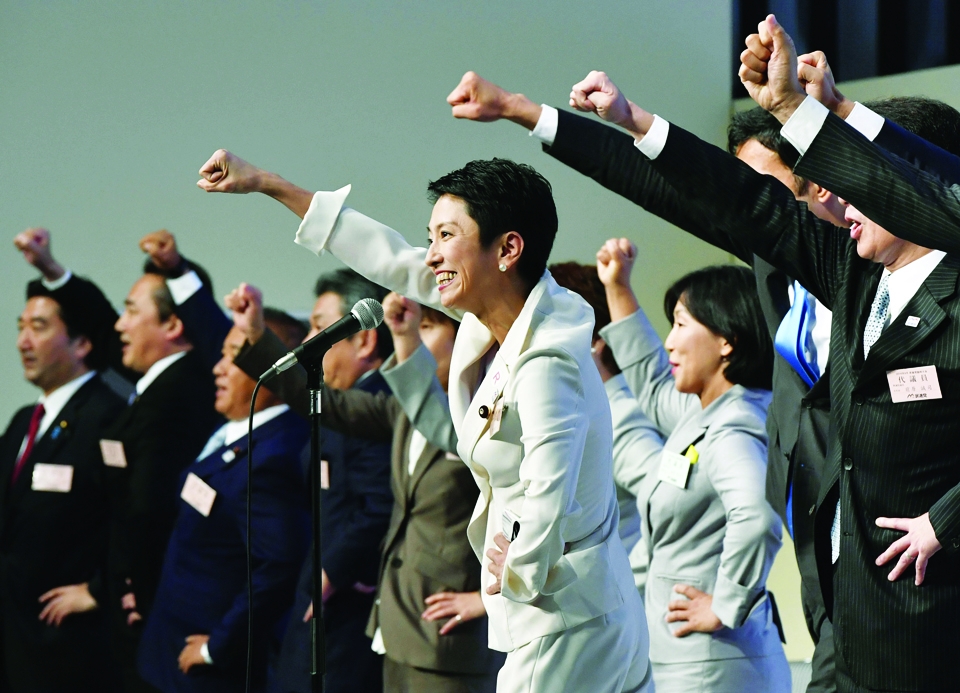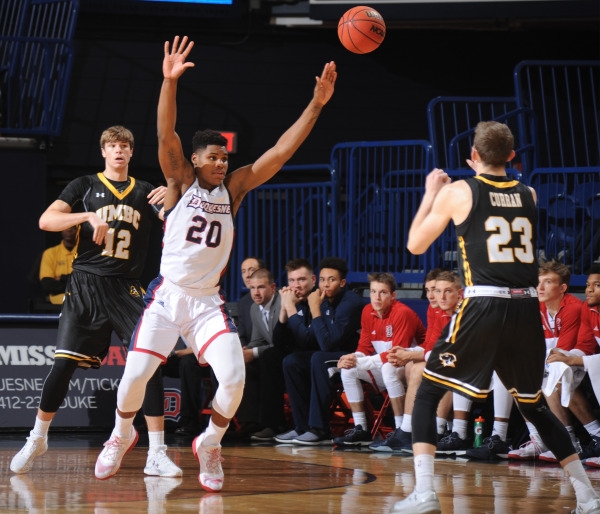
By Trey Weise | Contributor

In mid-February, the Duquesne administration announced that as part of a $1.5 million reallocation of the Academic Affairs budget, it would be closing the Duquesne University Press — an academic publisher with an international reputation for its titles in literary studies, psychology, and philosophy — to recoup its $300,000 annual subsidy.
According to a member of the Press’ Advisory Board, at no point in the past several years was the Press given any indication that its funding was in danger, so this decision was sudden and unexpected. Although the university agreed to consider some proposals to keep the Press open after some pressure from faculty and alumni, last week, the administration announced that a plan reducing the subsidy by nearly two-thirds was still not viable and that they would not entertain any further proposals. In addition, according to a member of the McAnulty College faculty, the President and Provost are scheduled to announce a $500,000 cut to the McAnulty College budget on April 7 — this on the heels of a $350,000 cut only two years ago.
According to Bridget Fare, Chief Marketing and Communications Officer and Associate Vice President, the $500,000 removed from the McAnulty budget will be reallocated to other schools on campus.
Meanwhile, upon the conclusion of a somewhat disappointing season for the men’s basketball team, Duquesne made several big moves: proposing a $40 million renovation to the Palumbo center as reported by the Pittsburgh Post-Gazette, firing the head coach, aggressively pursuing top candidates for the coaching job and, finally, offering a guaranteed seven year, $1 million annual contract to Keith Dambrot, also according to the Pittsburgh Post-Gazette.
These changes, presumably, will help add some credibility and prestige to the program, bringing in better recruits and putting the team back on the path toward excellence. A recent Pittsburgh Sports Now article lauded these moves, noting how they demonstrated Duquesne’s firm commitment to the basketball program.
The contrast between these two concurrent stories is striking. On the one hand, Duquesne has invested an incredible amount of money in the basketball program, as it likewise has in a number of other departments. This includes for example, a 2015 announcement by Dean McFarlin, the dean of the Palumbo Donahue School of Business, for large-scale renovations in Rockwell Hall.
Duquesne does this because it understands the importance of such investments for the prestige and health of the university. On the other hand, the administration has failed to make a significant effort to keep the Press open, even though the cost would be only a sliver of what has been spent elsewhere but with a disproportionately-large impact on the academic reputation of the university. It is true that the business school and Palumbo Center renovations will be funded mostly by outside donations. But as a member of the Press’s editorial committee commented privately, this makes the closure of the Press even more baffling: not only did the administration not make any attempt at external fundraising on the Press’s behalf, but the staff of the Press has not been given permission to work with Advancement to seek external support.
Duquesne University Press has a long and storied tradition which has continued up to the present — already in 2017, two of Duquesne’s books have won prestigious awards — in addition to the development of new and exciting efforts in cross-discipline scholarship. Despite such consistent excellence which has helped to draw numerous influential faculty, not to mention students, in the humanities to Duquesne, the university has placed little value on these contributions. This begs the question: what would the Press, or the McAnulty College, have to do for the university to view it as worth the investment?
If Duquesne was a for-profit business, its decisions to de-prioritize the humanities — by failing to come up with the roughly $125,000 to continue subsidizing the Press and by repeatedly carving away the McAnulty College budget — might make some sense. But as a non-profit religious institution, Duquesne claims to be motivated by something other than the maximization of profit. It claims to have a “liberal and professional education” at the core of its identity and mission, and it claims to prioritize the excellence of its education and the flourishing of all its students. One would think that these higher principles should determine the financial priorities, and not the other way around.
For full disclosure, I am currently a graduate assistant at the Press—but this isn’t what motivates my concern about the potential effects of these decisions. It is as a student of Duquesne University that I am asking the administration to put its money where its mouth is and show the same kind of commitment to pursuing excellence in the humanities as it has shown recently in other areas. The proposed closure of the Press and cuts to the McAnulty College budget will have imminent consequences for the quality of education available to every undergraduate student who takes nearly a year’s worth of core classes in the College, not to mention the 2,000 graduate and undergraduate students getting degrees from these departments.
If the university wants to direct its money toward departments that can positively affect the education of its students, as it claims in its press release regarding the closure of the Press, in a way that falls in line with its identity and mission as an excellence-driven, student-focused, civically-minded institution, it would be hard-pressed to find better investments than the McAnulty College and the University Press.
This is what we mean when we say #saveDUPress and #saveDuqLibArts.




